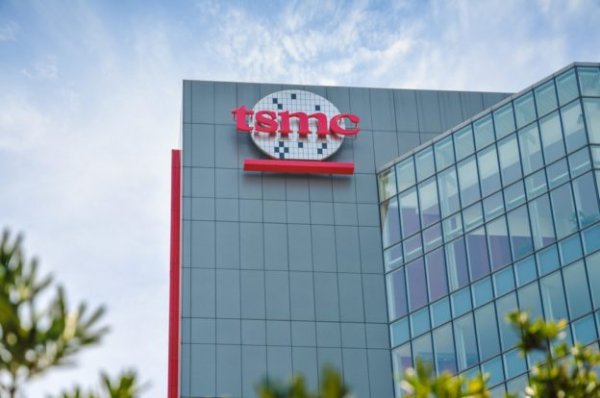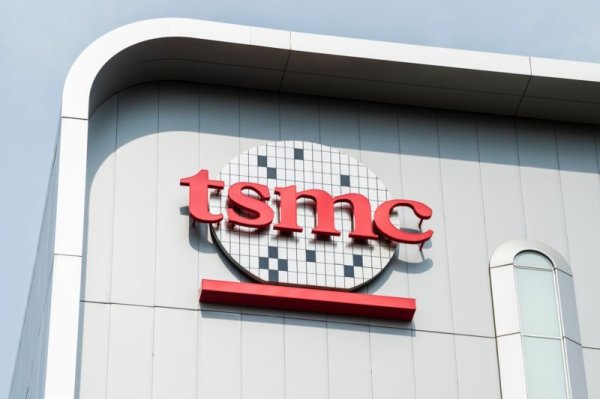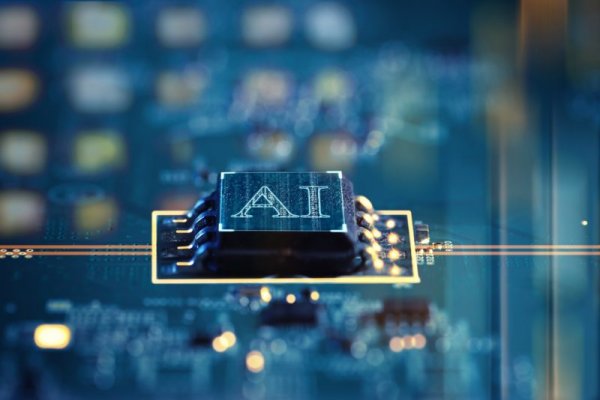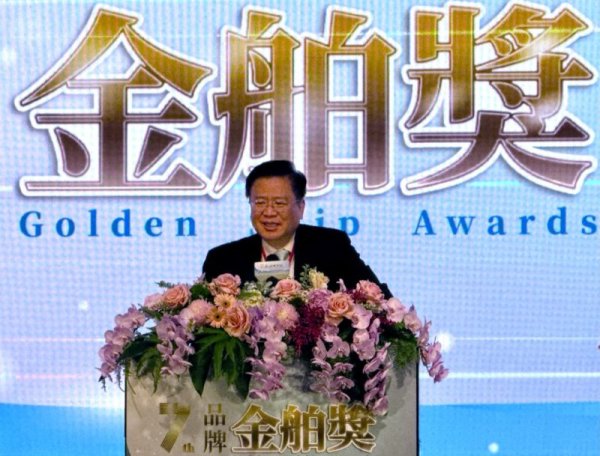Behind Tesla s $1.65 billion order, there is actually Mask s manufacturing capital
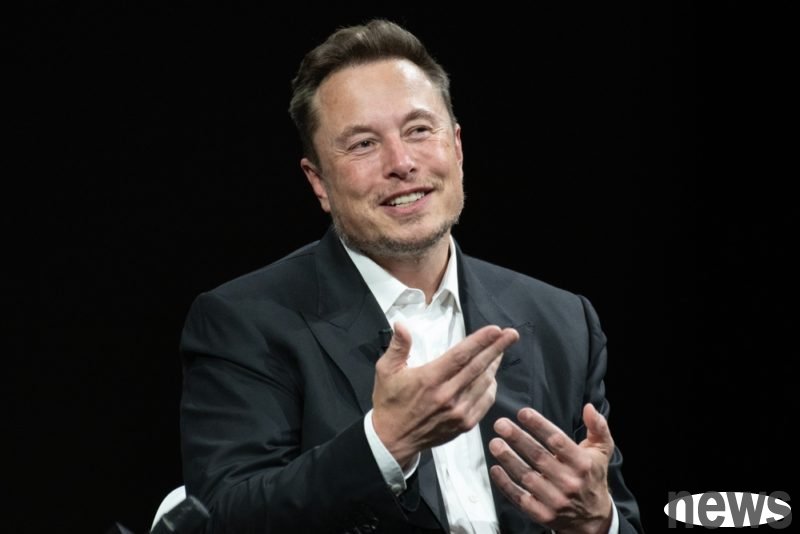
The USD 16.5 billion chip manufacturing contract signed by Samsung and Tesla has recently become one of the hot topics. The outside world is paying attention to whether this order can allow Samsung to follow the power supply again, and also paying attention to Mask's layout and strategy, and why he doesn't choose to cooperate with another American manufacturer, Intel?
The $16.5 billion contract signed by Samsung and Tesla will continue until December 31, 2033. The content includes the production of Tesla AI6 processor (formerly HW6) at Samsung Taylor, which is used to control and Tesla's self-driving cars. The preliminary design mainly focuses on the FSD (full automatic driving) set of Optimus humanoid robots and Dojo.
Although Mask has not announced the specific time, considering that Tesla's main chips are usually upgraded every three to four years, the AI5 processor expects to be introduced into Tesla models in 2027, and it is estimated that AI6 may be found as early as 2029.
Tesla commissioned Samsung to produce AI4 in 2023, adopting a 7-nanometer process; AI5 will be handed over to Taiwan's 3-nanometer process, and will be produced in Taiwan in the early stage, and will be planned to be produced in Arizona in volume; the next generation of AI6 will be returned to Samsung and adopting a 2-nanometer process.
Why did Mask choose Samsung?There is currently speculation that Samsung may make too much profit. Professor Lee Jong-hwan of Seoul Xiangming University guessed that Samsung's current yield is relatively low and it is desperate to get customer orders. Therefore, the contract conditions discussed with Tesla may not be favorable to Samsung.
According to the Korean and North Korean daily report, Tesla chose Samsung again because of its "cost-effectiveness" and "service thinking". Previous market news came out that Samsung's process price was more than 20% cheaper than Taiwan's electricity. In order to obtain orders, Samsung also convinced Tesla at a price close to the production cost, and accepted the conditions set by the latter, such as prototype development costs, production costs from manufacturing to packaging, and production facilities.
Mask said that Samsung agreed that Tesla would "help improve manufacturing efficiency" to the maximum extent, which is a key point. He will patrol the production line by himself to speed up the pace of progress. This crystal factory is also located far away from Mask's house, which is very convenient.
Samsung agreed to allow Tesla to assist in maximizing manufacturing efficiency.
This is a critical point, as I will walk the line personally to accelerate the pace of progress. And the fab is conveniently located not far from my house 😃
— Elon Musk (@elonmusk) July 28, 2025
According to Korean media FNnews, Tesla requires a volume yield between 60% and 70%, and Samsung's regular adjustment plan has achieved its goal. Since mass production and delivery are expected to be launched in 2028, Samsung has plenty of time to correct the defect density of the processes required for AI6.
Why didn't Tesla choose Tel or Intel?Industry insiders pointed out that the price of Intel's crystalline foundry is quite high. The cost of 18A crystalline alone is higher than that of TEU N2, so it is difficult to attract customers to go to the door. Samsung is willing to use low prices to make profits and has a factory in the United States. Mask can also have the right to speak, which is more in line with his wishes.
Another industry insider believed that Intel had no competition for Mask at the moment, and he liked to be a "savior". For Taiwan, he was just a small customer, so he chose Samsung.
Former foreign-renowned analyst Luxing believes that there may be five reasons for Tesla to return to Samsung to embrace, including cheapness, control, non-interest conflicts, hair loss and risk dispersal, and guessing that Mask may kick the plate of the electric power. However, he also mentioned that if Samsung Texas factory has full rights to Mask for processing, he will have the opportunity to extend the ability of electric vehicles and robots to upstream semiconductor manufacturing in the future, but this ambition is great, and there are no few system product companies except Samsung that succeed.
According to Korean media FNnews, the reason why Tesla preferred Samsung rather than Taiwan Power was mainly strategic considerations, and the purpose was to respond to the future competition pattern between its potential rival NVIDIA in the autonomous system market. Since NVIDIA and Taiwan Power cooperate closely in multiple fields such as high-frequency wide memory (HBM), and Tesla's headquarters is located in Texas, the United States, it is more advantageous in its geographical location.
What is Mask's strategy?Tianfeng International Securities analyst Ming-Chi Guo believes that this cooperation will not only improve Tesla's chip design capabilities (especially in terms of quantity production), but also help improve the pricing capabilities of the crystal foundry manufacturers in the future because of being familiar with the details of manufacturing technology. Mask's business will only use more and more advanced chips in the future, so from a long perspective, mastering the core technology of chip manufacturing will be an important strategic advantage.
Kuo Mingchi emphasized that for Tesla, the worst situation is to turn the order back to Taiwan power and bear the impact of AI6 delay. But Tesla's leading advantages in real-world AI applications should significantly reduce the risks brought about by chip delays, and can still benefit from chip design and manufacturing technology in the process..
Kim Sarah Eun-kyung, professor of the Department of Semiconductor Engineering at the University of Science and Technology of Seoul, pointed out that the cooperation details revealed by Mask "do not belong to typical crystalline contract terms." For example, customers like Apple and NVIDIA may be concerned about the equipment and process technology used by tables, but problems such as manufacturing efficiency or yield usually belong to the professional field of the crystal foundry factory.
This also reflects the particularity of Tesla as a "styling technology giant", because it is rare in the United States. NVIDIA and Apple outsource semiconductors and smartphone manufacturing to Taiwan Electric and Duck Sea respectively, but Tesla chose to build a production base called "Gigafactory" in the United States to manufacture cars. In other words, Tesla owns its own car (hardware) and ecological system.
Kim Sarah Eun-kyung admitted that for Samsung, this is a good opportunity to learn from Tesla about the on-site manufacturing and operation experience in the United States. But Tesla may contact information that other customers cannot obtain, and there is also risks of semiconductor technology ejaculation.
In addition, Tesla itself does not make semiconductors, but has rich knowledge of car use and robot chips. For Samsung, it may be a double-faced blade. At a company event last year, Mask welcomed people interested in developing advanced chips to join Tesla, claiming to continue to improve artificial intelligence reasoning computing.
Mask's goal is to build Tesla into a "robot company"From the above, it can be seen that Tesla's layout has clearly shifted to mastering the advantages of self-developed chips and manufacturing links. The Huaer Street Journal pointed out that Mask is currently developing robots, not only changing Tesla's business model, but also writing the company's DNA. Mask's bet is to make Tesla a "robot company" and no longer rely on cars that are driven by people, but to create a car that can independently make driving decisions. Because of this strategy, Tesla's market value has maintained a level closer to the technological giant rather than traditional car manufacturers.
Currently, Mask's focus is on robotics, such as unmanned driving and humanoid robots, or integrating robotic technology into cars through Tesla's practical manufacturing capabilities.
Although the outside world focuses more on the contract amount of US$16.5 billion, the real key lies in Tesla's trial of mastering the entire AI value chain, from neural network training to final computing on vehicles and robots. If this collaboration is successful, it will likely redefine the role of semiconductor manufacturers in the automotive industry, from a single supplier to a partner who jointly builds AI drive future mobile solutions.
Samsung inks $16.5 billion Tesla AI chip deal — Elon Musk says Samsung will produce new A16 chips: ‘The strategic importance of this is hard to overstate’ 테슬라 손 잡은 삼성…파운드리 사업 더 커지나 Tesla, Samsung Ink $16.5 Billion Chip Deal: Inside Musk’s Strategic Bet on AI Hardware Samsung’s $16.5B Tesla deal could make its foundry business — or break it How Elon Musk Is Reinventing Tesla’s Strategy Extended reading: Faced with Mask's super strict standards, can the Samsung 2 nanometer process be able to afford the exam? The AI core battle is not just chips, but what AMD wants to challenge is NVIDIA's entire ecosystem
